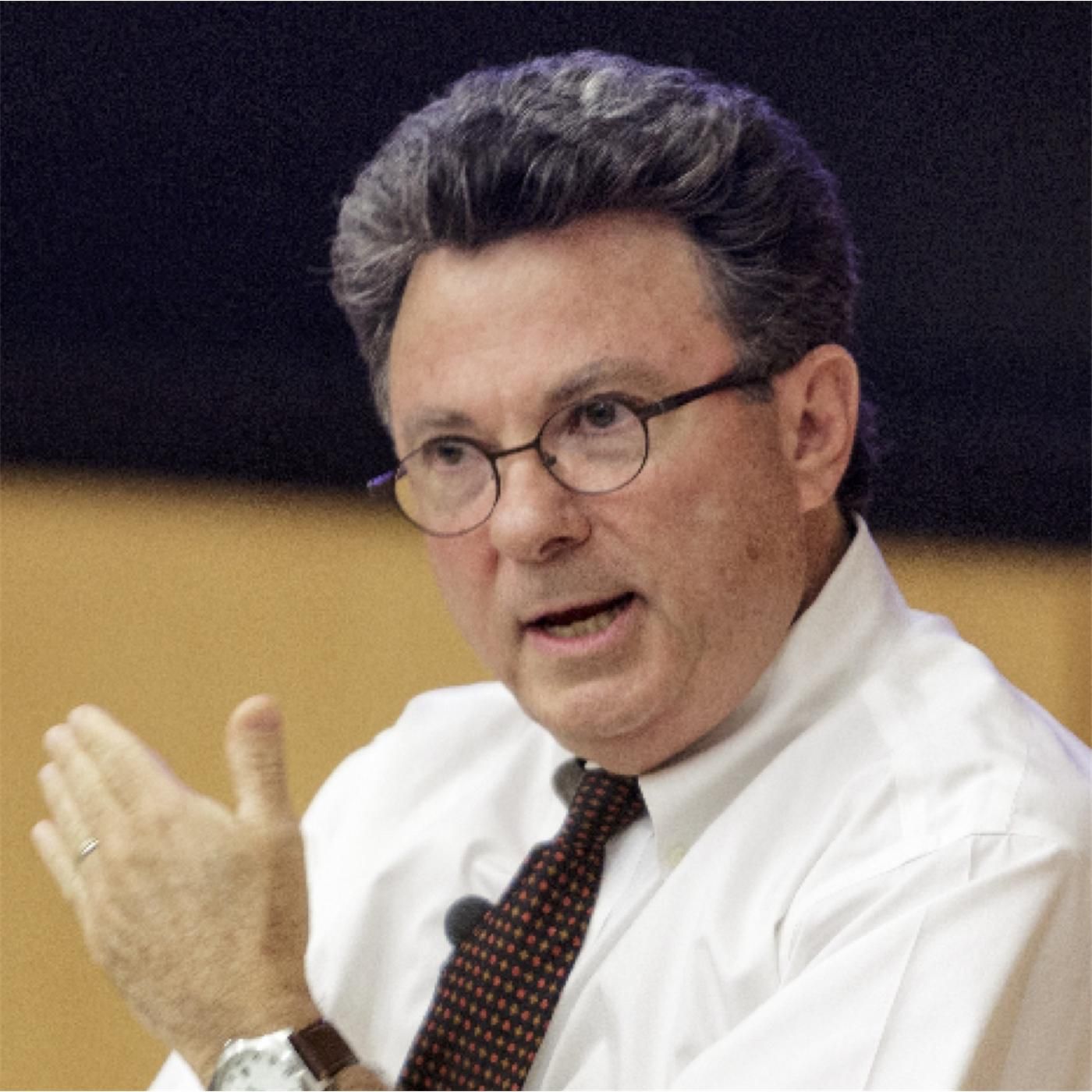

The CPS Podcast
Ross Greene
Dr. Ross Greene, originator of the Collaborative & Proactive Solutions model and author of The Explosive Child, Lost at School, Lost & Found, and Raising Human Beings, provides guidance to parents on understanding and helping kids with social, emotional, and behavioral challenges...along with his co-hosts Kim Hopkins-Betts (Director of Outreach at Lives in the Balance) and parents Jennifer Trethewey, and Stella Hastings.
Episodes
Mentioned books

Oct 25, 2011 • 45min
Can't Solve Problems Without Identifying Kids' Concerns
That's what the Empathy step is for: really, truly, understanding what's getting in the way for a kid on a specific unsolved problem. Without that information, solving problems is a shot in the dark.

Oct 18, 2011 • 45min
Behaviors are Not Unsolved Problems
One of the biggest non-starters in the Empathy step of Plan B is trying to talk with a child about his behavior rather than the unsolved problem setting that behavior in motion. And one of our callers is trying to get over that hump.

Oct 11, 2011 • 45min
Is My Child Playing Me For a Fool?
On today's program, Dr. Greene heard about the efforts of a mom who was struggling to do Plan B with her son...and gave some (hopefully) helpful tips on how to fine-tune the effort (including some of the things mom was thinking that were getting in the way).

Oct 4, 2011 • 45min
October Parents Panel: What Do Bullies and the Bullied Need?
Are bullies lacking skills? How about the bullied? If so, then what do they really need from us? The Parents Panel weighs in!

Sep 27, 2011 • 45min
The Value(s) of Plan B
On this program, Dr. Greene answered questions from emailers and covered a wide range of topics...including what to do when religious values and Plan B seem inconsistent with each other.

Sep 20, 2011 • 45min
Allies and Light Bulbs
On today's program, we heard from two different parents who were having difficulty making sure their children were well-understood and well-treated at school. Our key theme: nothing takes the place of identifying a kid's lagging skills and unsolved problems prior to making placement decisions.

Sep 13, 2011 • 45min
Energy Back
In this first program of the new school year, Dr. Greene responded to some of the email he received over the summer. Some familiar themes: the necessity of creating a (very specific) list of unsolved problems, prioritizing (so you know what problems you're working on right now and the ones you're not), and, most importantly, solving problems collaboratively and proactively. It's very hard...but when parents do those things, over time, they get their energy back.

May 31, 2011 • 45min
CPS and ABA
Is the CPS model compatible with Applied Behavior Analysis (ABA)? That depends on your definition of ABA. Is intervention "working"? That depends on your definition of "working".

May 24, 2011 • 45min
Make an Appointment
Some behaviorally challenging kids don't like to be suprised by the topic and timing of Plan B, even when it's proactive. Better to make an appointment with the child...and even give the child the heads-up on the topic.

May 17, 2011 • 45min
This is Hard!
Parenting and teaching kids with behavioral challenges is really hard. But there are things adults can do to make it even harder, and things adults can do to make it easier (not easy, easier).


